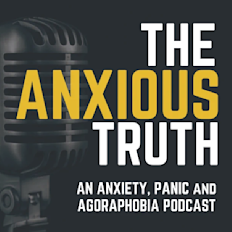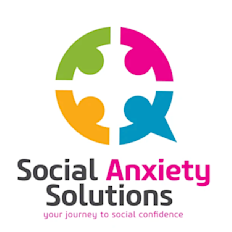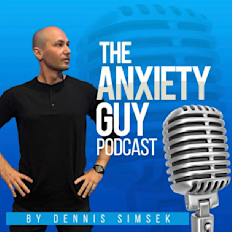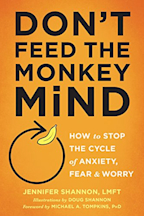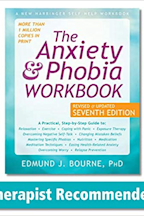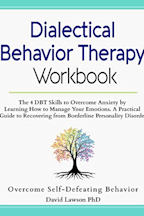Search results
Find the right therapist for you.
Powered by

You will be redirected to a third party site for results, which are provided for informational purposes only. Yahoo does not retain any information submitted via this form, and does not endorse or recommend any particular services or therapists.
- Text HOME to 741741 to reach a trained Crisis Counselor through Crisis Text Line, a global not-for-profit organization. Free, 24/7, confidential.
What is Anxiety?
Managing Anxiety
Celebrities Talk About Anxiety
Anxiety and COVID-19
Nov 15, 2021 · Generalized anxiety disorder (GAD) is a chronic state of severe worry and tension, often without provocation. Those with GAD regularly anticipate disaster, often worrying...
Generalized anxiety disorder ( GAD) is a mental and behavioral disorder, [5] specifically an anxiety disorder characterized by excessive, uncontrollable and often irrational worry about events or activities. [6] .
- www.mayoclinic.org
- › …
- › Diseases & Conditions
Oct 13, 2017 · Excessive, ongoing anxiety and worry can interfere with your daily activities and may be a sign of generalized anxiety disorder, but treatment can help.
Generalized Anxiety Disorder (GAD) is characterized by persistent and excessive worry about a number of different things. People with GAD may anticipate disaster and may be overly concerned about money, health, family, work, or other issues. Individuals with GAD find it difficult to control their worry.
Oct 15, 2023 · Generalized anxiety disorder (GAD) is when you worry a lot and have a hard time controlling it. When you have GAD, you tend to expect disaster and can't stop worrying about...
- www.mayoclinic.org
- › …
- › Diseases & Conditions
May 4, 2018 · Generalized anxiety disorder includes persistent and excessive anxiety and worry about activities or events — even ordinary, routine issues. The worry is out of proportion to the actual circumstance, is difficult to control and affects how you feel physically.
What is generalized anxiety disorder? Occasional anxiety is a normal part of life. Many people may worry about things such as health, money, or family problems. But people with GAD feel extremely worried or nervous more frequently about these and other things—even when there is little or no reason to worry about them.
